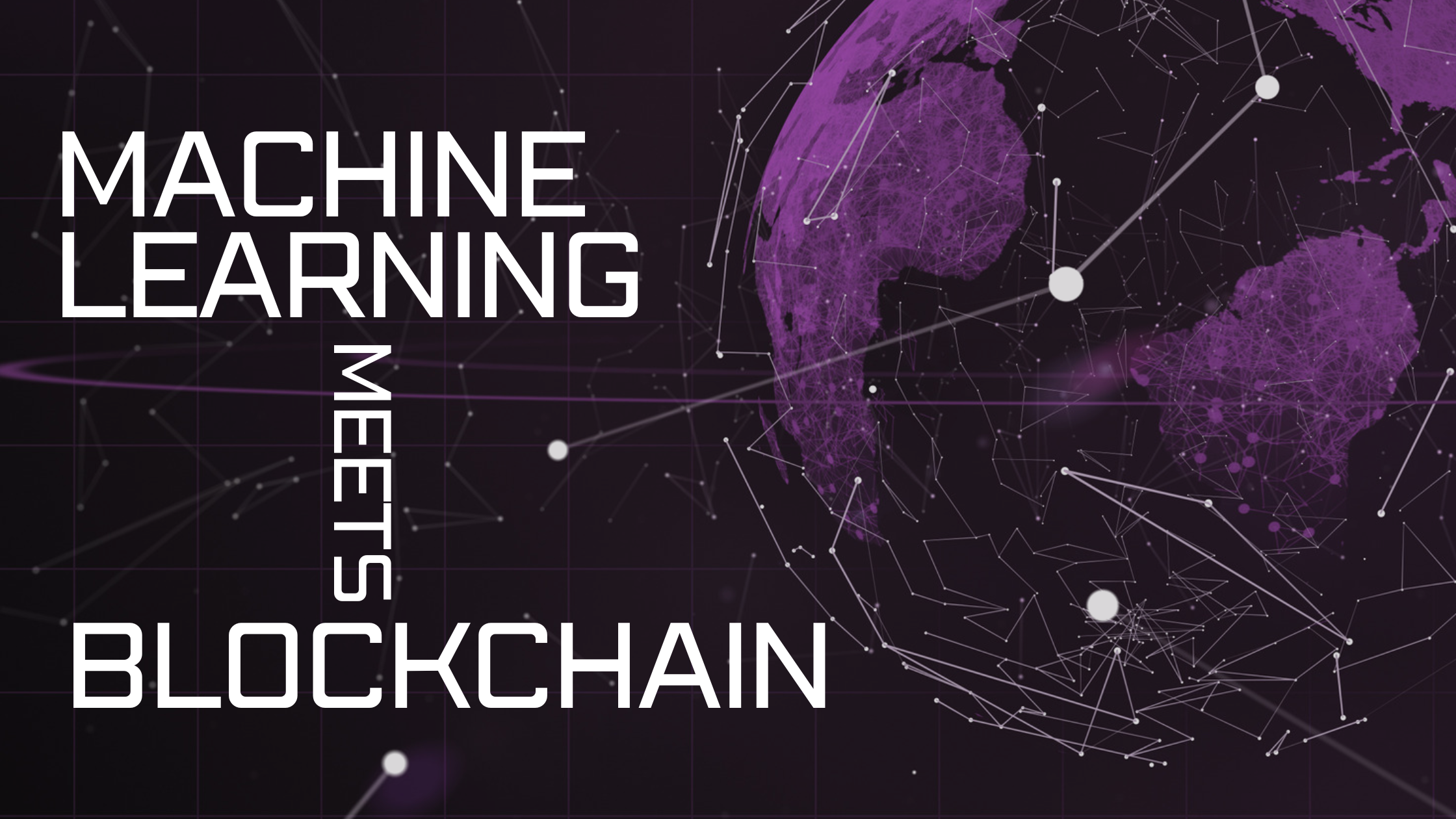Blockchain and machine learning are two of the most transformative technologies of our time. When combined, they offer unparalleled opportunities for innovation. In this blog post, we explore how blockchain can facilitate decentralized training of machine learning models and its specific applications in areas like fraud detection in Decentralized Finance (DeFi).
Decentralized Training and Inference
Traditional machine learning models often require vast amounts of data, typically centralized and controlled by a single entity. This centralization can pose significant risks to data privacy and security. Blockchain technology, however, offers a solution through decentralized training and inference.
Data Privacy and Security Blockchain’s decentralized nature ensures that data can be contributed from various sources without a central authority. This promotes data privacy, as no single entity has control over the entire dataset.
Collaborative Training With blockchain, multiple parties can collaborate on training a machine learning model without sharing their raw data. Instead, they can share updates to the model parameters, ensuring that sensitive information remains secure.
Image suggestion 1: Diagram showing decentralized training of a machine learning model using blockchain technology, highlighting data privacy and collaboration.
Exploring Specific Applications
Fraud Detection in DeFi One of the most promising applications of combining machine learning with blockchain is fraud detection in Decentralized Finance (DeFi). DeFi platforms are increasingly popular but also prone to fraudulent activities. Machine learning models can be trained on blockchain data to identify and prevent these fraudulent transactions, enhancing the security of financial ecosystems.
Real-time Fraud Detection Machine learning algorithms can analyze transaction patterns in real-time to detect anomalies that may indicate fraudulent activity. By continuously learning from new data, these models can adapt to emerging threats and provide more robust security.
Image suggestion 2: Flowchart of a fraud detection system in DeFi using machine learning and blockchain, showing real-time analysis and anomaly detection.
Benefits of Integrating Blockchain and Machine Learning
Enhanced Data Integrity Blockchain’s immutable ledger ensures that the data used for training machine learning models is tamper-proof. This guarantees the integrity of the data and the reliability of the resulting models.
Increased Transparency The transparency of blockchain transactions allows for better auditing and verification of the data and the training process. This can be particularly beneficial in sensitive applications like finance and healthcare.
Improved Model Accuracy By aggregating data from diverse sources, machine learning models can achieve higher accuracy. Blockchain facilitates this aggregation while maintaining data privacy, leading to better-performing models.
Image suggestion 3: Visual representation of the benefits of integrating blockchain and machine learning, including enhanced data integrity, transparency, and improved model accuracy.
Conclusion
The synergy between machine learning and blockchain opens up new avenues for technological advancement. Decentralized training and inference, coupled with specific applications like fraud detection in DeFi, demonstrate the potential of this powerful combination. As these technologies continue to evolve, we can expect even more innovative applications and solutions to emerge.
Stay tuned for future posts where we’ll delve deeper into specific aspects of machine learning and blockchain integration, explore real-world implementation strategies, and discuss the evolving landscape of these technologies and their impact on various industries.
